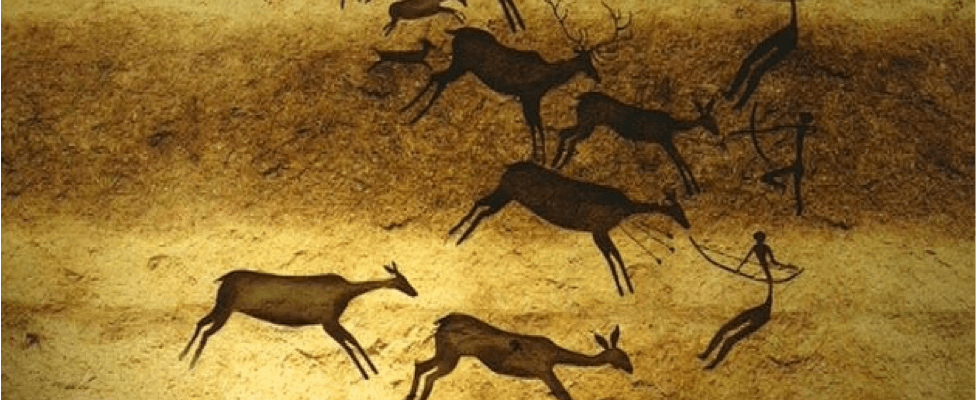|
By Ashley Koo
For those of you regular LinkedIn users, you might have noticed that James Altucher, an entrepreneur and popular author of many self-help books, recently published a Pulse article that has gained a whopping 188,000 views to date. On what, you may ask? Not a guide-to-success how-tos, or a list of productive habits: behold, the bewildering paleo diet. At first glance, the paleo diet might seem like just another low-calorie fad: a lot of no-nos endorsed by celebrity followers like Jessica Biel and Matthew McConaughey. A diet that, surely, will quietly retire with the arrival of longitudinal, or long-term, studies. Paleo proponents, however, do put forward a convincing argument supporting their ‘primal’ lifestyle (beyond their diet, some enthusiasts drastically alter their sleeping schedule to fully embody their Paleo philosophy). I was fascinated by the basic premises of the diet, and decided to research the science behind it. My findings were surprisingly ambivalent, as often happens with such diets, but still involved science that I thought worthwhile to share: The story goes that for about 2.5 million years, until 10,000 years ago, our ancestors Paleolithians followed a diet consisting of lean meat, omega-3 rich fish, nuts, and vegetables. Enter agriculture and industry, and humans began to incorporate grains and dairy, along with other ‘anti-nutrient’ foods, into their staple diet. According to the Paleo theory, the modern diet is largely responsible for ‘modern diseases’ like diabetes, cancer, and cardiovascular diseases: the human body simply hasn’t had the time to adapt to the demands of our dietary choices today. Hence the unusual disallowances of food like legumes (all kinds of beans), which crept into our plates post-Paleolithic Era. The quasi-evolutionary theory is not without its critics. The underlying assumption that our genes are identical to those of our ancestors becomes meaningless when we consider the fact that human beings share 99.5% of their genome with chimps. Similar genes by its virtue do not dictate the kinds of living conditions most suitable for different species. The far more telling element of our biology is epigenetics, or changes in gene expression triggered by environmental factors. Recent research, however, suggests that epigenetic changes occur even in utero: though monozygotic twins share identical genes, their different embryonic development leads to epigenetic differences. Of course, there may be confounding factors that are leading Paleo-believers to mistake correlation for causation. Naturally, Paleolithians scavenged their food and led a very active lifestyle — they couldn’t order KFC for delivery and lounge around in their cave all day. Admittedly, the diet can bring various health benefits. Banning highly processed foods is good: subjecting raw foods to processing such as canning and dehydration involves artificial preservatives, sodium, and dopamine, a feel-good neurotransmitter conducive to addiction. However, the Paleo diet also excludes ‘modern’ foods that have long been considered nutritious. The diet argues against fiber easily found in grains, calcium in dairy, protein in legumes, because our ancestors simply didn’t have access to them. From discoveries of lactose intolerant hunter Stone Agers, however, people seemed to have developed lactose tolerance in merely 7,000 years: our biology evolves to thrive with novel sources of food. With success testimonials and paleo recipes mounting, though, leveraging the hype and adopting a primal lifestyle might not be a bad idea. Be warned, healthy eaters: you will have to forgo whey protein bars, peanut butter, and Greek yogurt. It isn’t for the faint of heart.
0 Comments
Leave a Reply. |
Categories
All
Archives
April 2024
|

